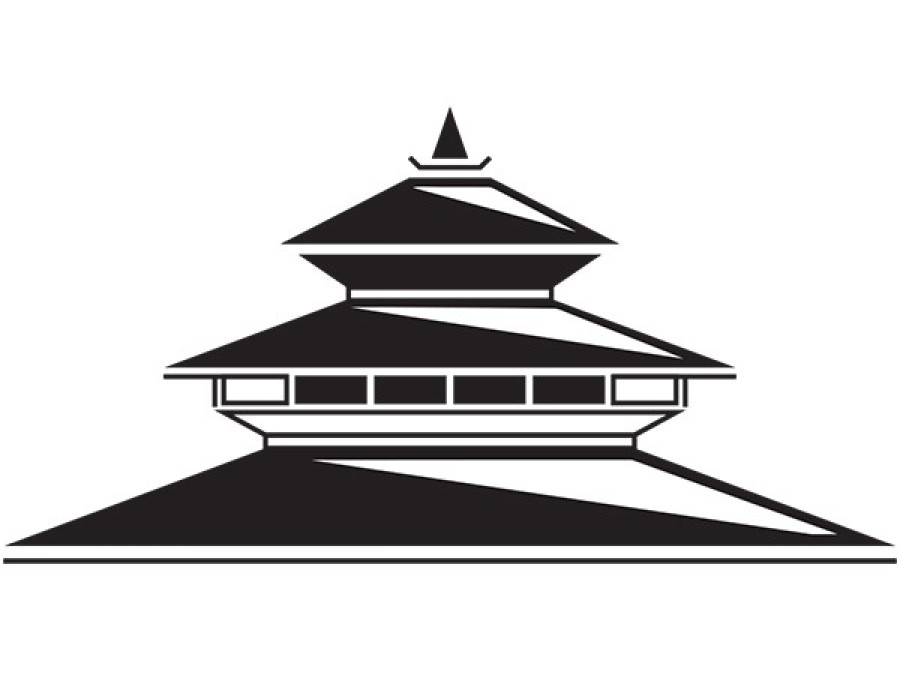Editorial
Grand old party
Three months have passed since the provincial and federal elections, and the Nepali Congress (NC) is yet to seriously take stock of its massive electoral defeat.
Three months have passed since the provincial and federal elections, and the Nepali Congress (NC) is yet to seriously take stock of its massive electoral defeat. There have been a number of calls for reform from younger members of the party, but these have so far gone unheeded.
Many blamed party President Sher Bahadur Deuba for the NC’s electoral drubbing. And yet, he continues as the top leader of the party. Having been elected Parliamentary Party leader, the NC chose him as the person to guide the party’s direction for many years to come.
On the surface, this is a somewhat puzzling development. How could a party as well established as the NC choose the same person again and again, even when it is evident that his leadership has failed in the past?
There is no simple answer to this question. But there are some tendencies that can be identified. First, the NC has always demonstrated a psychological dependence on a single leader. First there was BP Koirala and then his brother Girija Prasad.
These leaders continued in their positions until their deaths. And so strongly was it felt that only the Koiralas could lead the party that Sushil Koirala became party president after GP’s death, even though he didn’t possess many leadership skills. Now that Deuba is party president, it seems that many NC leaders cannot even imagine anybody replacing him.
Second, this psychological condition is buttressed by an elaborate patronage structure. Deuba has been in power for many years and during this time he has extended personal patronage to thousands of people across the country at all levels of the party.
So there are a very large number of people in the party who feel personally loyal to Deuba and will support him, even though they know that he is unlikely to lead the rejuvenation of the party.
Third, there is a high degree of complacency within the Nepali Congress. Its leaders believe that since they are such an old and established party, one that led so many democratic movements in the country so as to be virtually synonymous with the system of democracy itself, they will always have supporters regardless of how they perform.
There is a grain of truth in this belief. After all, despite its electoral defeat, the NC did win around a third of Proportional Representation (PR) seats. And in fact, the party would have done very well if the CPN-UML had not formed an electoral alliance with the CPN-Maoist Centre.
And yet, NC leaders would do well to recognise that the current situation is very different from ones in the past. This is the first time that they have been in the opposition against a government that has the support of over two-thirds of parliament members.
The energy and sense of purpose of the ruling parties are far greater than the NC’s. If the NC continues in its old complacent ways and fails to craft a new political vision and appoint younger members to senior positions, its decline in Nepali politics will continue.




 9.6°C Kathmandu
9.6°C Kathmandu














